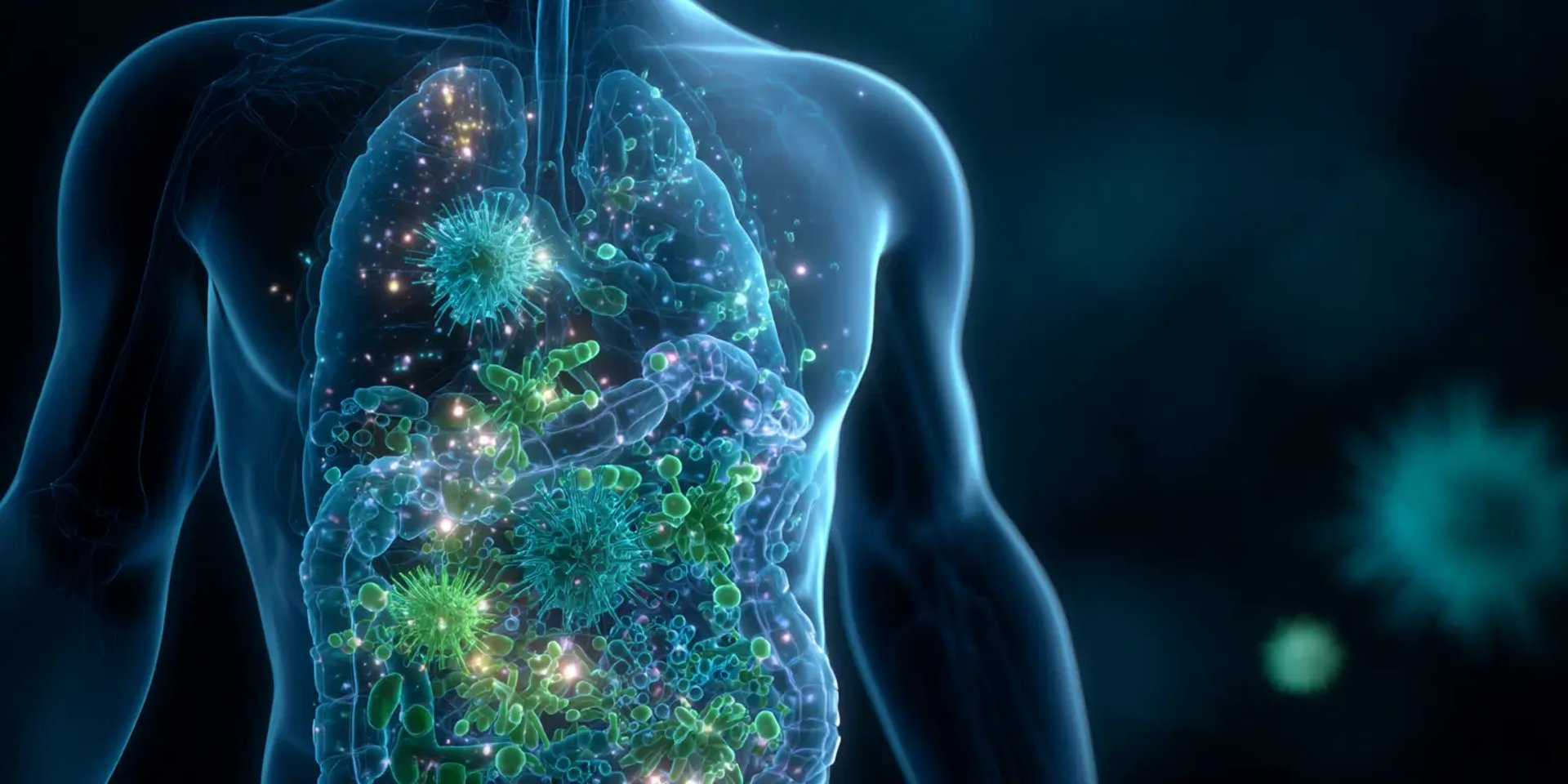
The significance of gut health
Why gut health is the real secret to feeling good (and how to fix it)
Let’s talk about something we often ignore—until it starts screaming for attention: your gut.
If you’ve ever felt bloated, moody, foggy, tired, or just “off”… it might not be your job, your sleep, or your hormones. It could be your gut. As someone who’s been biohacking her health for over a decade (while also managing life as a mom), I can tell you—gut health is at the core of everything.
And I mean everything. Energy. Immunity. Skin. Mood. Brain clarity. Even how deeply you sleep.


Why your gut matters more than you think
Your gut isn’t just where food gets digested—it’s where your body makes decisions about how you feel, think, and function. We have over 100 trillion microbes living in our digestive system. These gut bacteria influence everything from your immune system to your mood through the gut-brain axis. This is why improving your gut health through biohacking techniques is one of the most impactful things you can do for your entire body.
What is a healthy gut?
A healthy gut is one with a rich, diverse microbiome—meaning you’ve got plenty of good bacteria, minimal inflammation, and a strong gut lining. You digest food efficiently, absorb nutrients properly, and your immune system stays balanced.
But when your gut is out of balance? You might experience:
bloating and irregular digestion
fatigue and brain fog
skin issues like eczema or acne
anxiety or mood swings
food sensitivities
low immunity
Sound familiar? You’re not alone—and you can fix this.
What can you do to make your gut healthier?
Here’s where it gets exciting. You don’t need complicated protocols or dozens of supplements. Start with the basics—then layer on simple biohacking techniques to support a healthier gut:
1. eat more fiber and fermented foods
Foods like sauerkraut, kefir, kimchi, and yogurt are full of natural probiotics. Fiber from veggies, fruits, and whole grains feeds your good bacteria.
2. try postbiotics
You’ve heard of probiotics and prebiotics—but postbiotics are the next level. These are the beneficial compounds your gut bacteria produce (like short-chain fatty acids) that directly improve gut health and reduce inflammation.
3. ditch processed food and sugar
Processed foods, seed oils, and refined sugar disrupt the gut microbiome and feed the bad guys. Clean eating = clean gut.
4. manage stress
Chronic stress wrecks your gut lining and alters your microbiome. Breathwork, grounding, and even 5-minute walks in nature make a real difference.
5. sleep like it matters
Your gut microbes follow a circadian rhythm too. When you stay up too late or eat late at night, you confuse your gut’s natural repair process.
6. drink more water
Hydration keeps digestion flowing and supports detox pathways.
Biohacking your gut health: practical tools
As a biohacker, I like to measure and tweak. Here are some gut-friendly tools that have worked for me:
track your digestion: take note of how you feel after eating. Start a gut journal.
experiment with fasting: short intermittent fasting windows (like 14:10) give your gut time to rest and repair.
use targeted supplements: probiotics, prebiotics, and digestive enzymes can help—but focus on food first.
cold exposure and red light therapy: both have shown potential in supporting the gut microbiome by reducing inflammation and improving circulation.
Final thoughts: gut health is your foundation
If you’re into biohacking, this is where it starts. Without a healthy gut, everything else becomes harder: sleep, mental clarity, energy, performance. The good news? Every bite, every breath, every conscious moment helps your gut heal. You’re not broken—you’re just ready for a reset. So what can you do to make your gut healthier? Start small. Start real. Start today. And remember: you don’t need to fix everything at once. You just need to support your gut like the vital ecosystem it is. Trust me—your whole body will thank you. – Emily


The significance of gut health
Maintaining a gut is crucial for your general well-being as it influences various aspects like immunity and digestion as well, as brain function and emotional balance.

